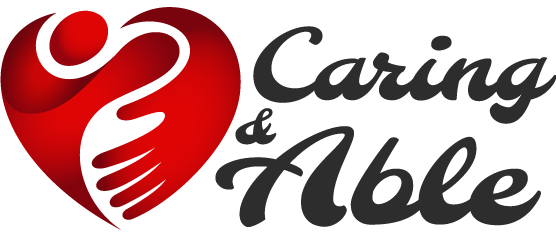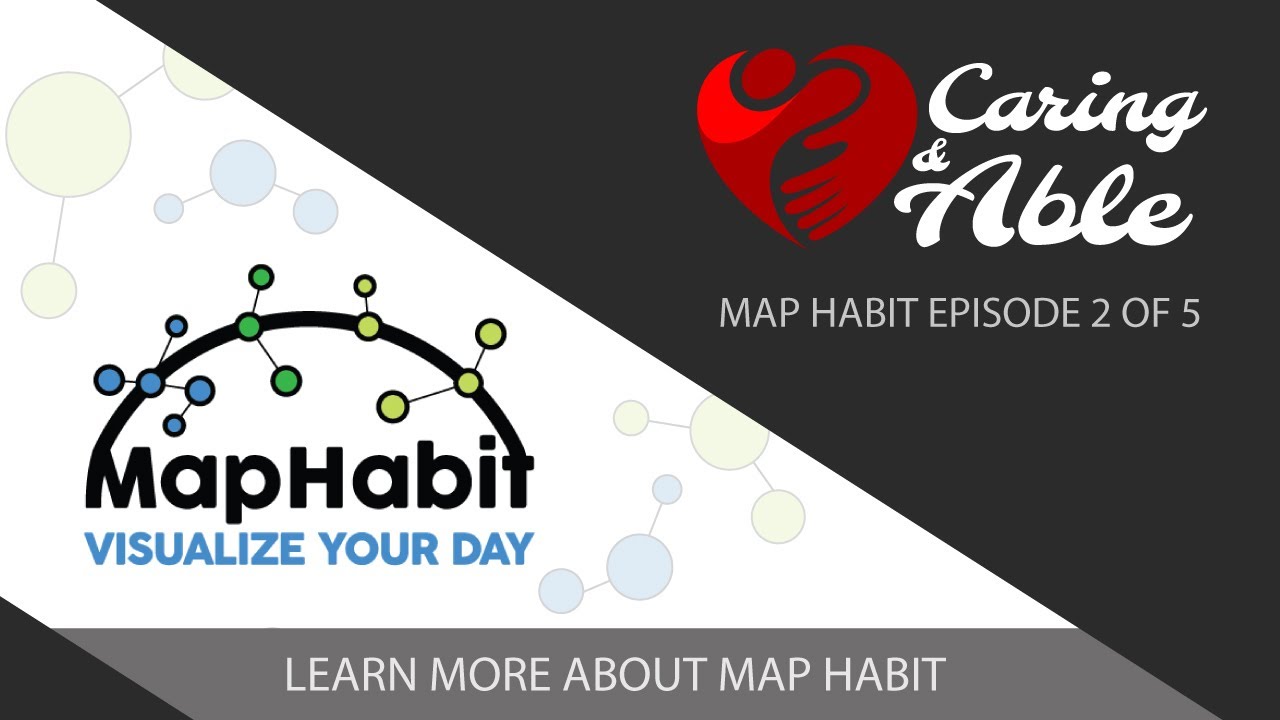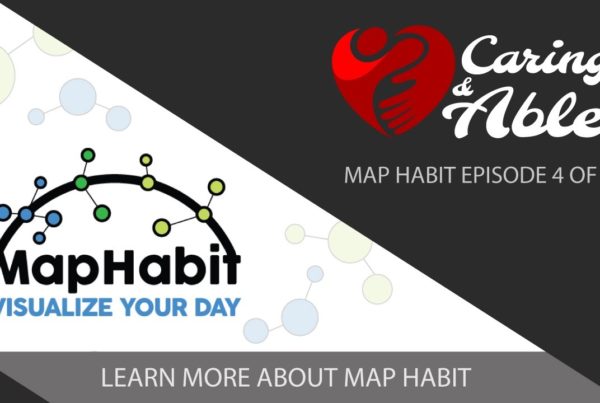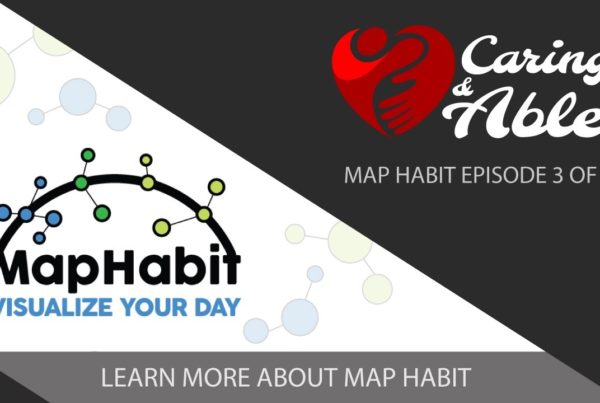Map Habit
Dr. Alisa Kauffman talks with Matt Golden (Co-Founder) about the innovative and engaging platform “Map Habit.”
In this video, you’ll learn more about their system that helps improve cognition and quality of life for those with dementia.
The Map Habit Stim Kit (as told on their website): MapHabit’s Daily Stim provides 1 hour of unique content every day broken into three map sessions. Perfect for caregivers and community activity directors, Daily Stim takes the guesswork out of your day by delivering evidence-based techniques to extend cognitive function and provide useful activities for the individual(s) in your care.
Cognitive Stimulation
The interactive portion of the Daily Stim includes a mix of mental acuity games, hands-on puzzles, and cognitive activities
Stress Reduction
Seated stretches and gentle exercises to awaken the senses
Emotional Support
Guided practice to boost positivity, mindfulness, and relationship-building techniques to promote openness and gratitude
We call this our GIG of the Day – (Greetings + Inspirations + Gratitude)
Receive the discounted rate of $40 a month when you use the offer code “Caringandable” when purchasing the Daily Stim kit at www.maphabit.com
Map Habit Unboxing – What you’ll receive in your kit when you order Map Habit (Episode 2 of 5)
Hi everyone, Dr. Alisa Kauffman here with Matt golden CEO and co-founder of Map Habit. I’m going to read to you what’s the inside of the boxes, this is what you receive when you join Map Habit.
It’s a lot of activities packed into this box.
Daily stem provides individuals and their caregivers with three unique maps each day to help
- Reduce stress
- Promote positivity and
- Engage in dementia
Appropriate cognitive activities inside this kit are a variety of supplies and materials you can use to get the most out of the cognitive engagement exercises on the Map Habit app. Make sure to check your emails weekly.
There is so much stuff in this kit to get to Matt! Oh my gosh, and it’s so beautiful and colorful, and I noticed that there are things in here that of course, anyone even with cognitive issues will relate to from blocks to rubber bands to games with balls. Tell us a little bit about this and how it works.
What is Map Habit and How Does It Work?
Matt: Yeah, thanks. It’s great to be on the program, I’ve been a huge fan of you and your practice and Caring & Able for a while so it’s a real treat. So I started Map Habit about three years ago with the neurosciences, with the mission to really help empower caregivers to reduce their stress and anxiety by using a digital platform a care coordination tool to improve independent function for individuals with neurodegenerative diseases like Alzheimer’s disease and related dementia. My uncle, unfortunately, had early-onset Alzheimer’s.
I grew up in Scarsdale – I grew up in Chappaqua, in Westchester and unfortunately, I got to see really the effects of what dementia can do not only for the individual but for the family as well. And that’s really what inspired me to team up with Dr. Zola, to build Map Habit which really uses a spared region of the brain called your procedural memory. This is your non-conscious memory, you can envision, driving a car. You’re not thinking about the left’s and the rights or how hard you’re pressing the brake, you’ve done that over and over and you’ve created this muscle memory if you will, to do that. This is very different from a lot of the other programs that tried to basically bolster your, your other memory system which is consciously recalling activities and events.
So, essentially Map Habit uses a spared region of the brain. That’s what the National Institute of Aging really loves about our program they gave us the top innovation of the country in 2019, but essentially it’s a platform that provides you with cognitively stimulating activities, like what you see there, their various projects or various things that you can use for reminiscence to remember about your past.
Alisa: So Matt, I’m going to ask you a few questions because I am fascinated and on many levels because I’ve been working in nursing homes for 37 years. And I noticed, and I really do pay attention to what the activities and Recreation Department does for their residence, and I can tell you that there are things in here that definitely I’ve never seen or I think it just makes it super simple, especially for people who are not in a long term facility, or if they’re at home with their caregivers are not going to be able to put together projects like this, especially what you’ve done here with such a great package, and with the directions.
The scissors and the paper clips, these are activities that no matter what level of dementia you’re at, you still remember that it’s scissors. So, then you give them activities to use the scissors with and projects and maybe different kinds of programs but they do for one hour a day. And if you want you could do it for four hours a day if they’re interested right so this is really much better than sitting in front of the television and watching TV which they get nothing from, would you agree?
Matt: Absolutely yeah it’s really about providing a guidebook for a family caregiver or a professional caregiver who really wants to have more engaging meaningful experiences with the person that they’re supporting, and it is evidence base so all of these actually have been curated over a seven-year period, to help with your cognition. Everyone wants as many wonderful and fulfilling years with their loved one as possible and it’s so stressful, not only for the example you gave a professional lifestyle enrichment, where they are very stressed out, you know it’s hard, both on a one on one, or group setting, to really come up with daily activities, and that’s what we’re doing at MapHabit.
Learn more about Map Habit here > https://caringandable.com/map-habit/




